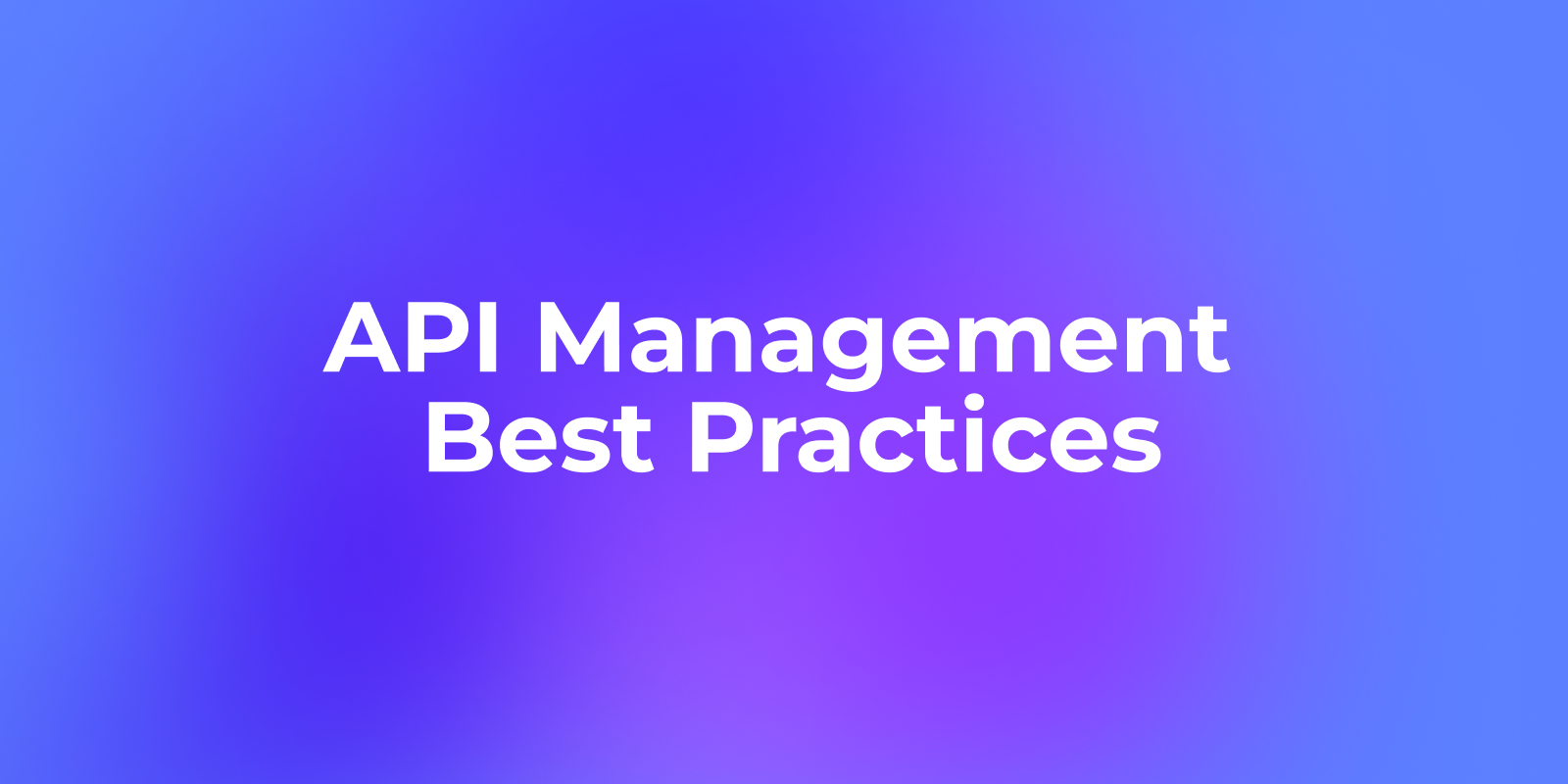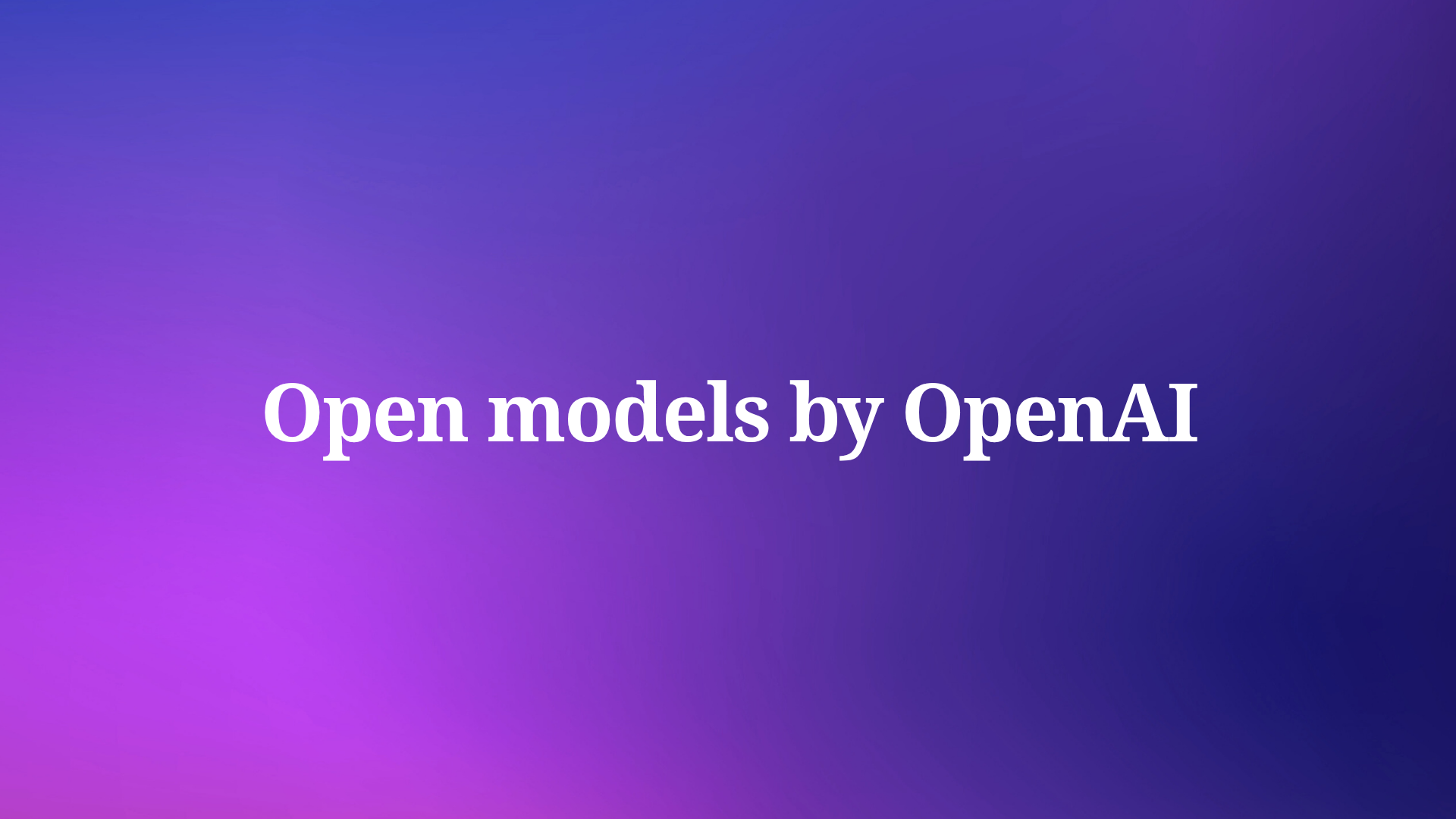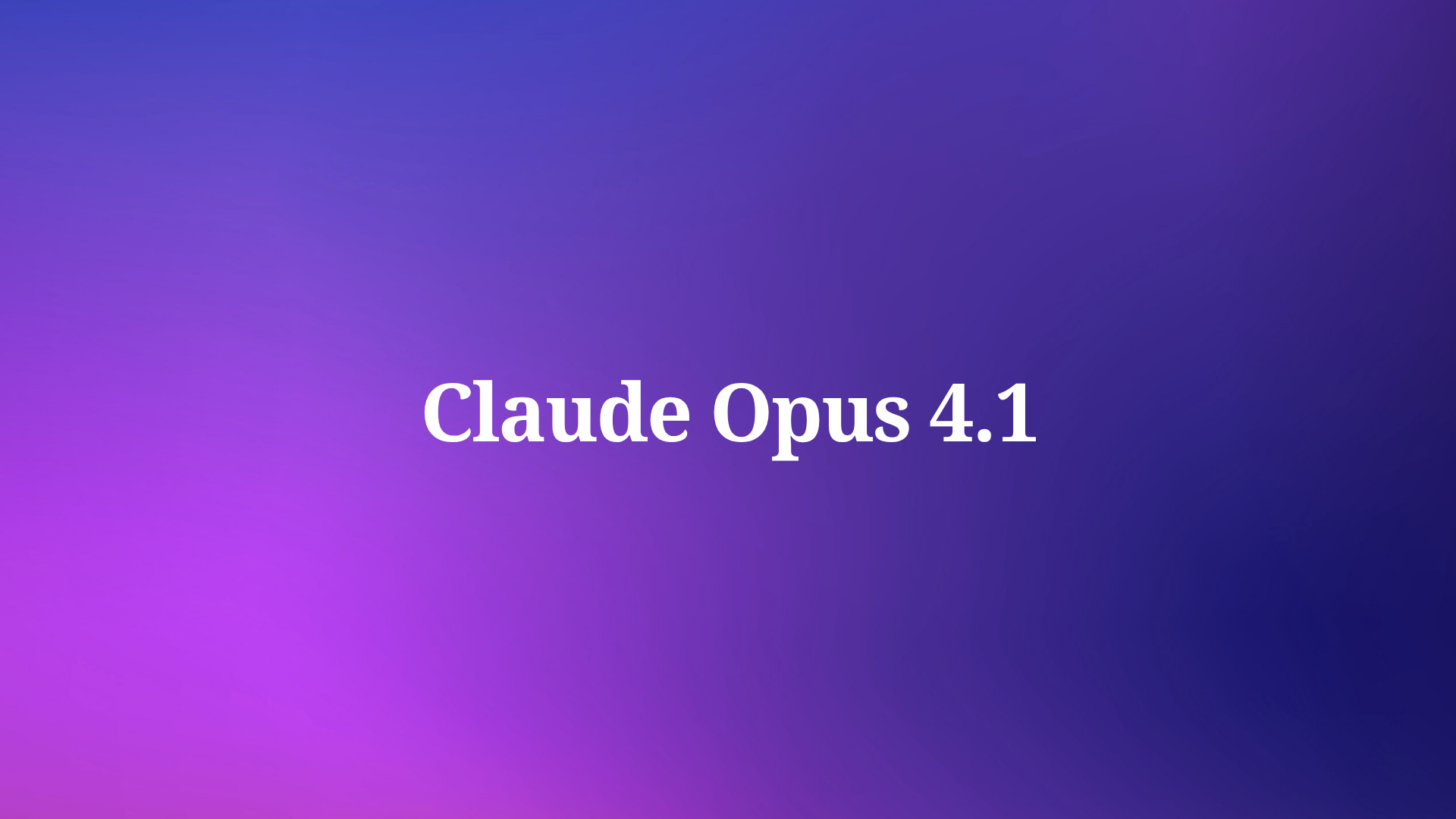For decades, the command-line interface (CLI) has been the developer's sanctuary—a space of pure efficiency, control, and power. It's where code is born, systems are managed, and real work gets done. While graphical interfaces have evolved, the terminal has remained a constant, a testament to its enduring utility. Now, this venerable tool is getting its most significant upgrade in a generation. Google has introduced Gemini CLI, a powerful, open-source AI agent that brings the formidable capabilities of the Gemini family of models directly into the developer's native environment.
Gemini CLI is our new #OpenSource AI agent that brings the power of Gemini directly into your terminal!
— Google Cloud Tech (@GoogleCloudTech) June 25, 2025
Access Gemini 2.5 Pro with 1M token context window, 60 requests/min, and 1,000 requests/day—at no cost with a free Gemini Code Assist license → https://t.co/Fp0wdxfbEW pic.twitter.com/Ul6hjn1hKQ
This isn't just another AI chatbot shoehorned into a terminal window. Gemini CLI is positioned as a direct and powerful response to the growing ecosystem of AI coding assistants, presenting a compelling open-source alternative to tools leveraging models like Anthropic's Claude.
It's an "AI-first" utility designed from the ground up for the command line, capable of not just conversing, but acting. It can understand your codebase, interact with your file system, execute commands, and even search the web for real-time information. With its release, Google is making a bold statement: the future of development is an open, extensible, and deeply integrated partnership between human ingenuity and artificial intelligence, all orchestrated from the humble command prompt.

This article will delve into what makes Gemini CLI a potential game-changer, from its unprecedented free tier to its deep, agent-like capabilities that could redefine developer workflows.
Want an integrated, All-in-One platform for your Developer Team to work together with maximum productivity?
Apidog delivers all your demands, and replaces Postman at a much more affordable price!
The Big Picture: What is a Command-Line AI Agent?
At its core, Gemini CLI is a free and open-source tool that provides a direct, lightweight interface to Google's Gemini 2.5 Pro model. But to simply call it an "interface" would be a disservice. Google deliberately refers to it as an "AI agent," a term that implies a higher level of autonomy and capability than a simple question-and-answer tool.

So, what does "agent" mean in this context? It means Gemini CLI is designed to be a proactive partner. It can take a high-level prompt—like "Refactor my Python service to be more idiomatic and add unit tests"—and break it down into a multi-step plan. It might start by analyzing the existing code, then write the refactored version to a new file, generate a corresponding test file, and finally, execute the tests to ensure everything works as expected. This ability to plan, execute, and even recover from errors is what separates an agent from a passive assistant.
While its coding prowess is a primary feature, Gemini CLI is intentionally versatile. It's a general-purpose utility designed for a wide array of tasks that developers face daily:
- Content Generation: Quickly scaffold documentation, write commit messages, or even draft an email.
- Problem Solving: Paste a cryptic error message and ask for an explanation and a solution.
- Deep Research: Ask it to research a new library, summarize its documentation, and provide a "hello world" example.
- Task Management: Use it to organize your thoughts, create task lists, or plan a new feature.
Crucially, the entire project is open-sourced under the permissive Apache 2.0 license. This is a massive differentiator in a market increasingly populated by proprietary, black-box AI systems. It means developers can inspect the source code to understand its inner workings, verify its security practices, and contribute directly to its evolution. This transparency builds trust and empowers the community to shape the tool to its own needs, a philosophy that deeply resonates with the open-source ethos of the developer community.
Yes! Gemini CLI Comes with Free-Tier of Google Gemini API Access
Perhaps the most headline-grabbing aspect of Gemini CLI is its accessibility. Google is not just putting its most powerful model in the hands of developers; it's doing so with a free tier that is, by current industry standards, almost unbelievable.

To get started, a developer only needs to log in with a personal Google account, which automatically provisions a free license for Gemini Code Assist. This license unlocks the full power of the Gemini 2.5 Pro model, complete with its groundbreaking 1 million token context window. A large context window is a superpower for developers. It allows the model to ingest and reason about vast amounts of information simultaneously—entire codebases, lengthy documentation, complex project histories—leading to more accurate, context-aware, and useful responses.
What truly sets it apart are the usage limits. The free tier includes:
- 60 model requests per minute
- 1,000 model requests per day
These numbers are staggering. They effectively eliminate the concept of "rate limit anxiety" for the vast majority of individual developers, researchers, and students. It allows for a fluid, uninterrupted workflow where the developer can experiment, iterate, and solve problems without constantly worrying about hitting a usage cap. This stands in stark contrast to other offerings on the market, where free access is often heavily restricted or API access is strictly pay-per-use.
This strategy is a clear move to democratize access to state-of-the-art AI. By removing the cost barrier, Google is encouraging widespread adoption and inviting a global community to build, innovate, and discover new ways of working with an AI agent. For professional developers or teams with more intensive needs, a clear upgrade path exists through Google AI Studio or Vertex AI for usage-based billing, or through paid Gemini Code Assist licenses for enterprise features. But the foundation is one of radical generosity, ensuring that any developer, anywhere, can have a world-class AI agent in their terminal.
Core Capabilities: Beyond Conversation to Action
The true power of Gemini CLI lies in its "built-in tools," which elevate it from a chat interface to a functional agent that can interact with your digital environment. This is where it truly shines as an alternative to solutions that are primarily text-in, text-out.
Code Understanding, Generation, and Debugging: This is the bedrock of any developer-focused AI. You can pipe a file directly into the CLI (cat main.go | gemini "add comments to this code") or ask it to generate code from scratch (gemini "write a bash script to back up all .log files in /var/log to a tarball"). It excels at debugging, where it can analyze stack traces and suggest fixes.
File System Interaction: Gemini CLI has the ability to read and write to your local file system. This is a critical capability for an agent. You can ask it to perform complex, project-wide refactoring tasks like, "Scan all .ts files in the src directory and replace all instances of the deprecated oldFunction() with newFunction(), ensuring the arguments are mapped correctly." This moves beyond simple code generation to active codebase maintenance.
Command Execution and Automation: This is perhaps its most powerful feature. Gemini CLI can execute shell commands on your behalf. When you combine this with its reasoning capabilities, the possibilities are endless. Imagine this prompt: "My Node.js app is crashing on startup. Find out why and fix it." The agent could formulate a plan:
- Run
npm installto ensure dependencies are correct. - Run the app (
npm start) and capture the error output. - Use Google Search to look up the specific error message.
- Based on the search results, identify a likely cause (e.g., a missing environment variable).
- Suggest the command to fix it:
export DATABASE_URL=...
Furthermore, it can be invoked non-interactively within scripts, allowing you to embed AI-powered steps into your existing CI/CD pipelines or build automation. For example, a script could generate a human-readable summary of recent code changes by piping git diff into Gemini CLI.
Grounding with Google Search: Models like Gemini are trained on vast datasets, but that data has a cutoff date. Gemini CLI overcomes this limitation by integrating Google Search directly into its toolset. It can fetch real-time information from the web to ground its prompts. This is invaluable for tasks like, "What are the breaking changes in the latest version of Django? Summarize them and show me how to update my settings.py file." The model can search the web for the latest release notes and use that fresh information to provide an accurate, up-to-date answer.
Open and Extensible: Crafting Your Personal AI
Google understands that the terminal is a deeply personal space. Developers spend years customizing their shells, editors, and workflows. A one-size-fits-all AI would never work. That's why Gemini CLI was built from the ground up to be open and extensible.
The foundation of this is its Apache 2.0 open-source license. This gives developers the freedom to not only inspect the code but to modify it, fork it, and adapt it to their specific needs without restriction. It fosters a collaborative environment where the community can contribute everything from bug fixes to major new features, ensuring the tool evolves in a direction that benefits its users.
Beyond being open source, it offers several layers of customization:
GEMINI.md for System Prompts: You can create a file named GEMINI.md in your project directory to provide custom instructions to the agent. This is like a .bashrc for your AI. You can use it to define its personality, specify a coding style ("Always use snake_case for variable names"), provide context about your project's architecture, or set rules it should follow. This allows you to tailor the agent's behavior on a per-project or even global basis.
Extensibility via MCP and Extensions: Gemini CLI is built on emerging standards like the Model Context Protocol (MCP), a specification for providing rich, structured context to AI models. This commitment to open standards rather than proprietary protocols ensures future interoperability and makes it easier for third-party tools and services to integrate with Gemini CLI. It also supports bundled extensions, creating a pathway for new capabilities to be added over time.
This focus on openness and customization is a direct challenge to the walled-garden approach of some competitors. It empowers developers to be co-creators of their AI tools, not just passive consumers.
A Unified Experience: From Terminal to IDE

The modern developer workflow is rarely confined to a single tool. While the terminal is essential, the IDE is where much of the complex, multi-file work happens. Google has unified these two environments by sharing the core agent technology between Gemini CLI and Gemini Code Assist, its AI assistant for IDEs like VS Code.
When you're in VS Code, you can activate "agent mode" in the chat window. This gives you the same multi-step, reasoning-powered agent that you have in the CLI. You can give it the same high-level prompts, and it will work relentlessly on your behalf to build features, fix bugs, or migrate code, showing you its plan and its progress along the way.
This shared technology means there is no jarring context switch. The AI's capabilities, its understanding of your prompts, and its general behavior remain consistent whether you're firing off a quick command in your terminal or engaging in a deep refactoring session in your IDE. This creates a seamless, powerful, and unified development experience.
Conclusion: The Command Line's Next Chapter
Gemini CLI is more than just a new tool; it's a paradigm shift for the command line. By making its most powerful model available through an open-source, extensible, and agentic interface—with a free tier so generous it redefines the market—Google is empowering a new generation of developers. It provides a potent, open alternative to other AI coding solutions, built on a foundation of transparency and community collaboration. It respects the sanctity of the terminal while augmenting it with capabilities previously unimaginable. For any developer looking to integrate AI into their workflow in a deep and meaningful way, the call to action is clear: upgrade your terminal experience today. The future of the command line is here, and it's waiting for your first prompt.
Want an integrated, All-in-One platform for your Developer Team to work together with maximum productivity?
Apidog delivers all your demands, and replaces Postman at a much more affordable price!




